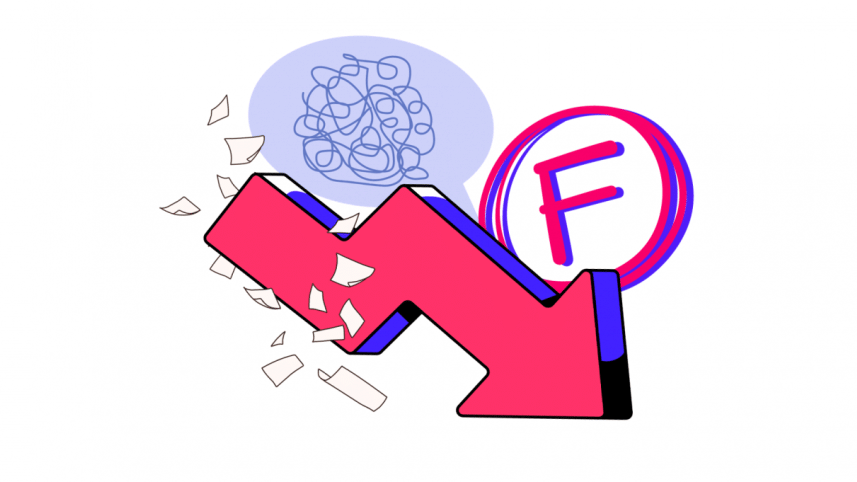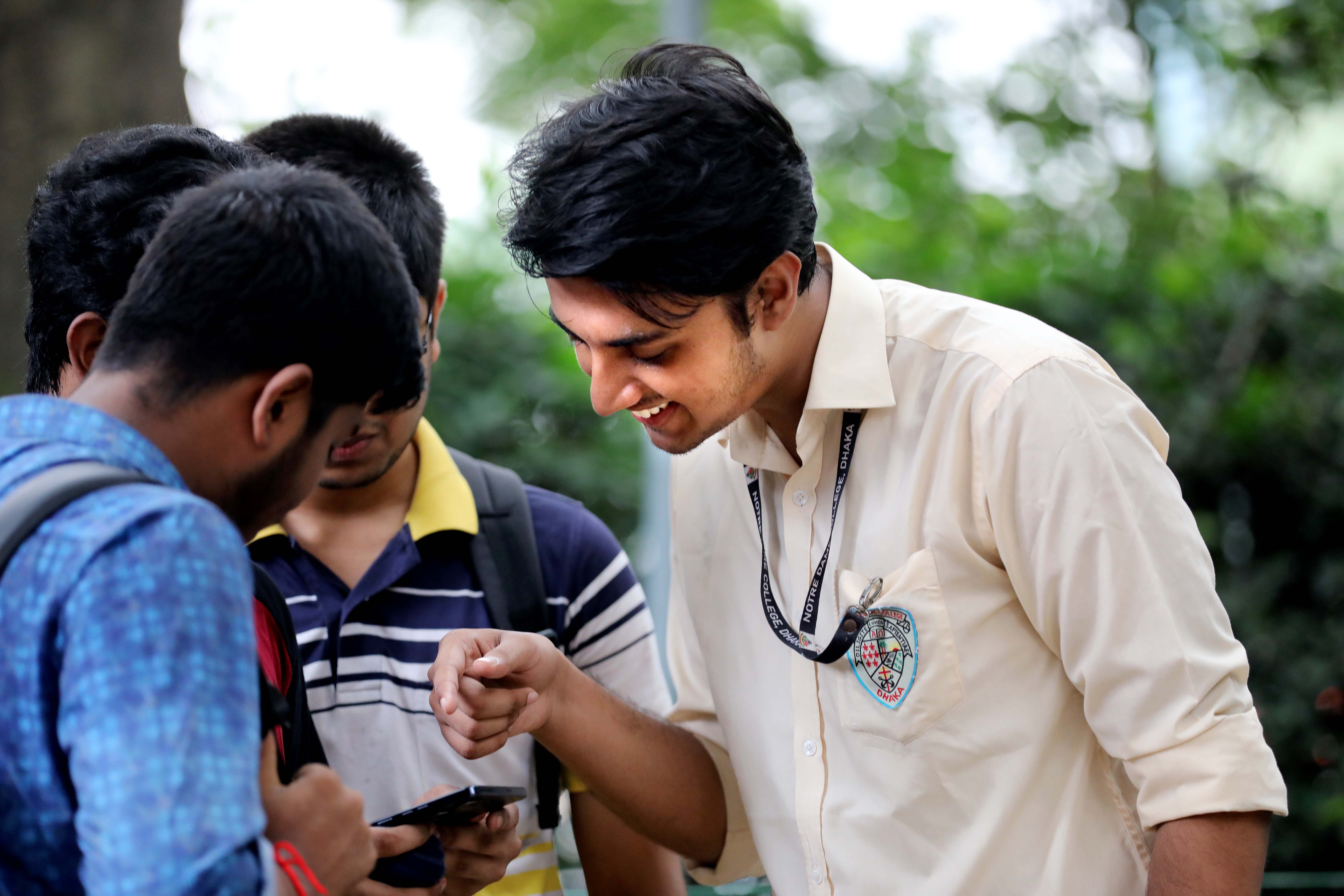Public exam results must not seal an individual’s fate

Every year, when the results of major public exams like the SSC or HSC are published, emotions run high. They spark discussions about the issues in our education system, especially the cracks in it. Similarly, this year, after a large number of students failed or performed poorly in the SSC and HSC exams, detailed analyses from different perspectives tried to unpack the reasons behind the results. However, one point was missing in these discussions, as usual: the idea of blooming late and the need to create an environment supportive of late bloomers.
After the publication of results, society celebrates and rewards those who achieve GPA-5, while others are often made to feel unworthy of attention. Parents become disheartened by the low grades and often some students die by suicide because of failing or receiving low grades. Our society stigmatises such early academic setbacks.
However, no one can guarantee that those who barely passed or even failed these exams will not be late bloomers. Research shows that human development is not linear; some individuals bloom later than others. Everyone is unique in how they learn and grow. Our ways of thinking are diverse, and our learning processes and strategies differ. Moreover, our development is certainly affected by the people and the support they give us, and the environment we live in.
A late bloomer is someone who realises their true potential later in life, often possessing abilities or talents that remain unnoticed by others for a long time. Late bloomers typically do not feel comfortable with the rigid, test-based approach to education.
Real-life anecdotes also suggest that late blooming is not fictitious. Some people take time to find their talents, interests, passions, and voices. Yet, this very idea often remains absent from our public discourse. Our society often has little space for people who bloom late.
For instance, some companies set strict eligibility criteria for job applications, where one cannot even apply if they do not meet specific GPA thresholds in the SSC and HSC exams. Universities in Bangladesh also follow a similar pattern in faculty recruitment. Regardless of later academic excellence or professional growth, candidates with lower grades in school and college cannot even apply. This applies to many other public jobs as well. It means that our society does not want to recognise talents that flourish later, and applicants are often judged based on who they were, not who they are.
I know many individuals who achieved outstanding academic results—like GPA-5 in their secondary and higher secondary exams—and were praised by society for their success in school or college. Yet, they ended up in careers they neither enjoy nor are recognised for. On the other hand, some didn't excel in early public exams but later thrived in higher studies and professional life, standing out through their creativity and talents.
Throughout my school and college years, I was a mediocre or below-average student—a backbencher, as they say. The challenges of being in that position are constant and exhausting. Many who fall into this category have, at some point, considered dropping out due to feelings of isolation and fear of rejection. Very few of us are fortunate like Ishaan, the character from the Bollywood film Taare Zameen Par. The child, struggling with academic failure and parental pressure, blossomed when he received personalised care and attention at his school. Sadly, in our education system, the spotlight is often on those who need it the least, while those who truly require support are left in the shadows. Although many societies welcome diversity, we only celebrate GPA-5 achievers and BCS cadres. We judge endlessly and destroy people's will.
But that should not be allowed to stop late bloomers from thriving. If you are a low achiever in your SSC or HSC exams, or if you have even failed, do not give up. The journey is not easy for a late bloomer in this society. This may not be a welcoming environment for you. Your talents may go unrecognised and unsupported, and you may not receive a nurturing environment. But dismiss toxic public opinions and move forward.
To the parents, learn to recognise and acknowledge that your child may be a late bloomer. They are still struggling to find their way in school or college. Do not judge them, and do not let them feel disheartened.
And finally, it's time we reassessed the relevance of SSC and HSC results in job application criteria. What truly matters is not what someone failed to achieve years ago, but what they are capable of contributing today. Judging someone by their past undermines the infinite possibilities of human potential that exist every moment. Human capability is not static; it evolves. Our society and systems should accept and evolve with it.
Parvez Uddin Chowdhury is a development worker.
Views expressed in this article are the author's own.
Follow The Daily Star Opinion on Facebook for the latest opinions, commentaries and analyses by experts and professionals. To contribute your article or letter to The Daily Star Opinion, see our guidelines for submission.




 For all latest news, follow The Daily Star's Google News channel.
For all latest news, follow The Daily Star's Google News channel. 

Comments